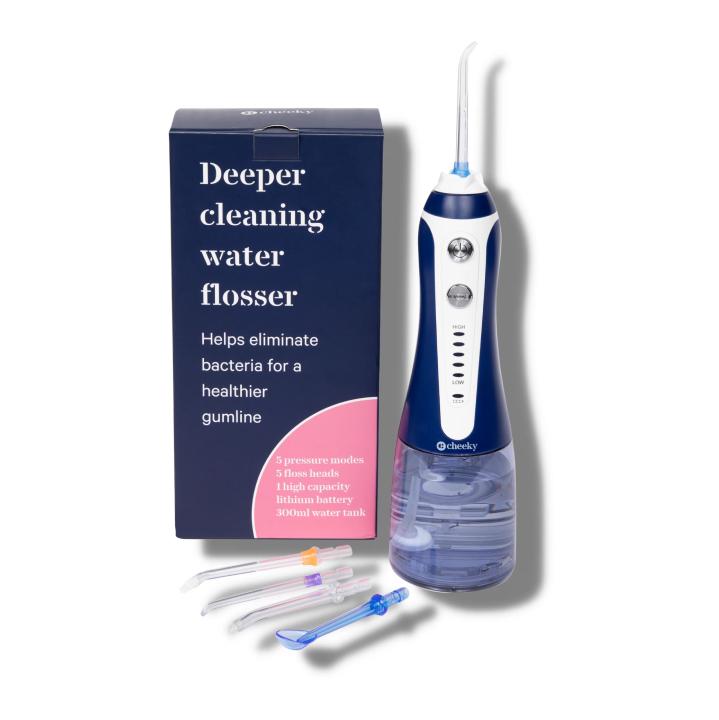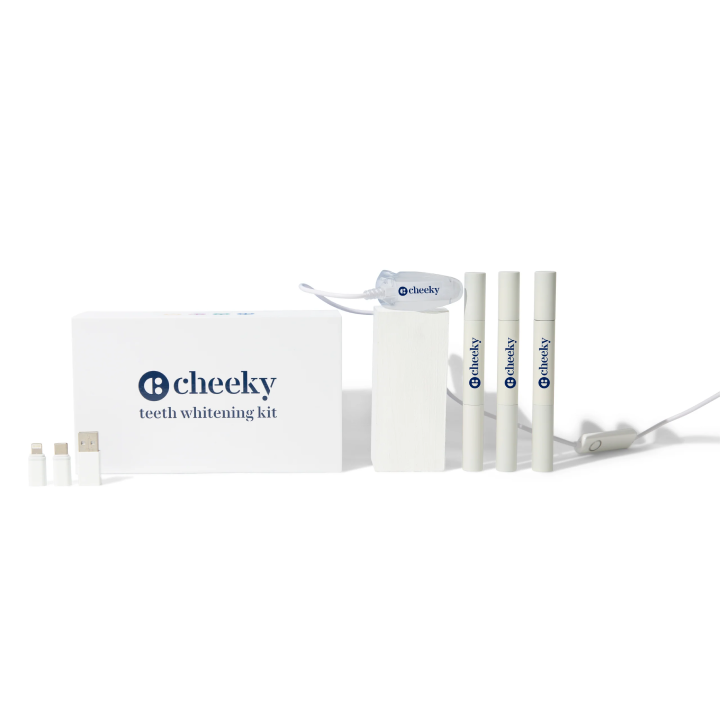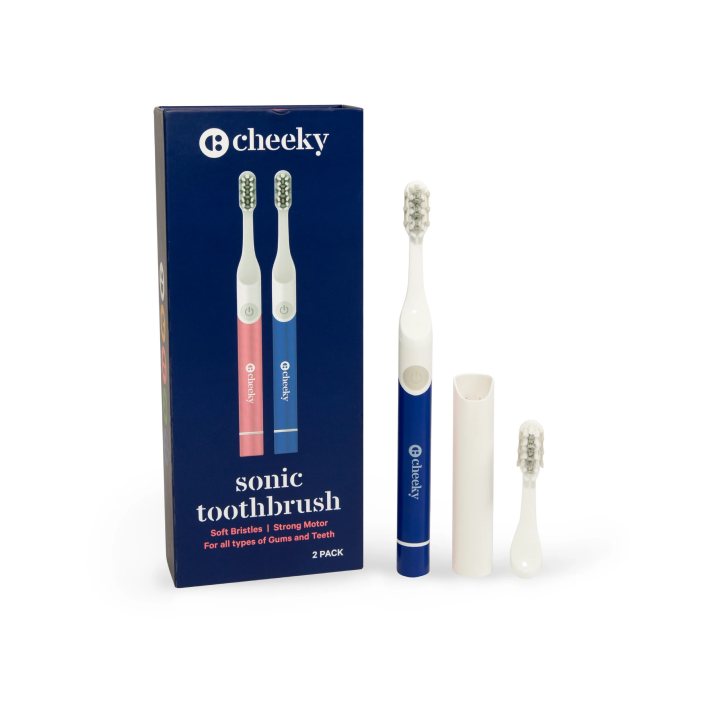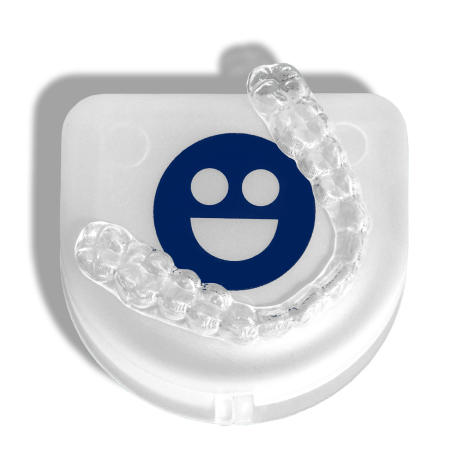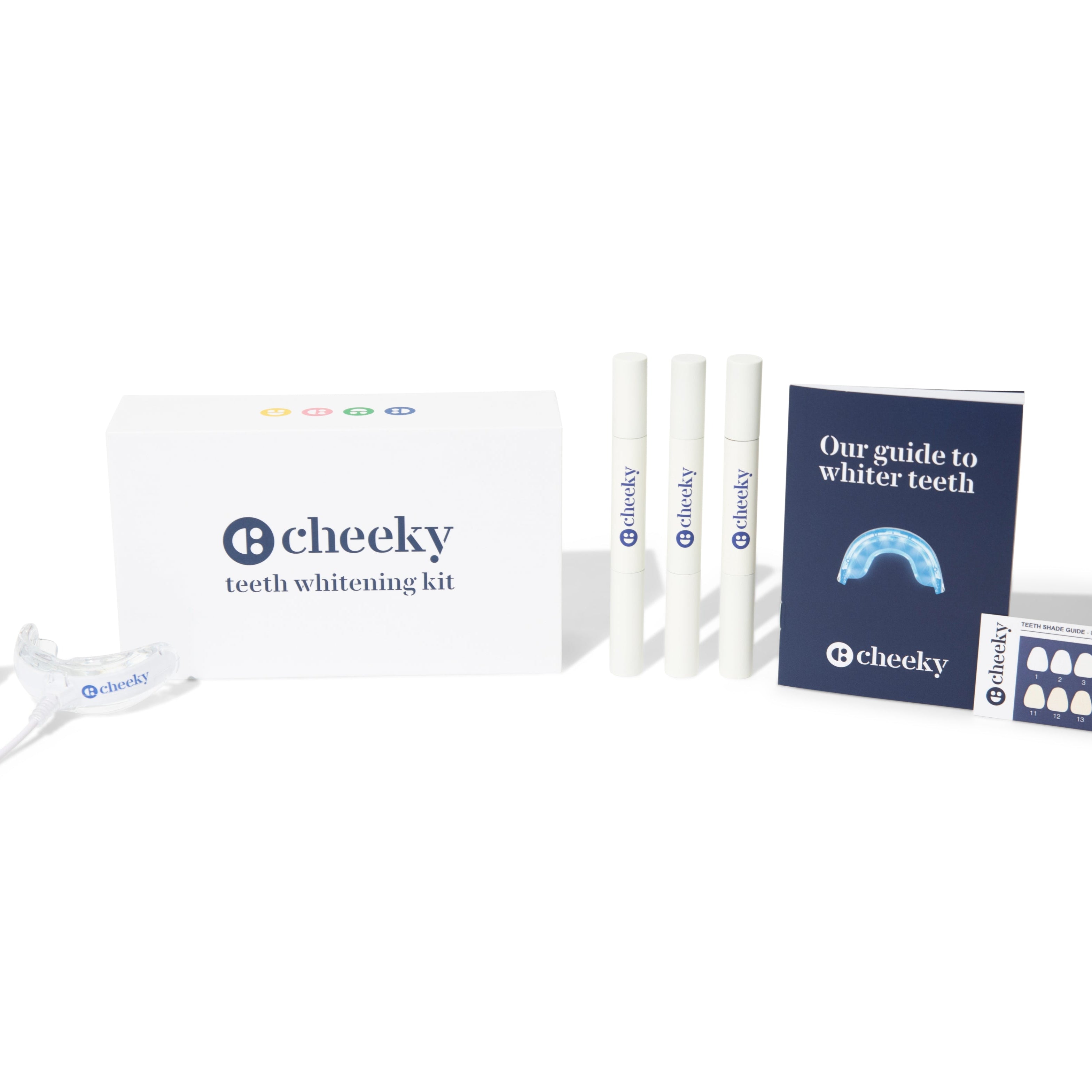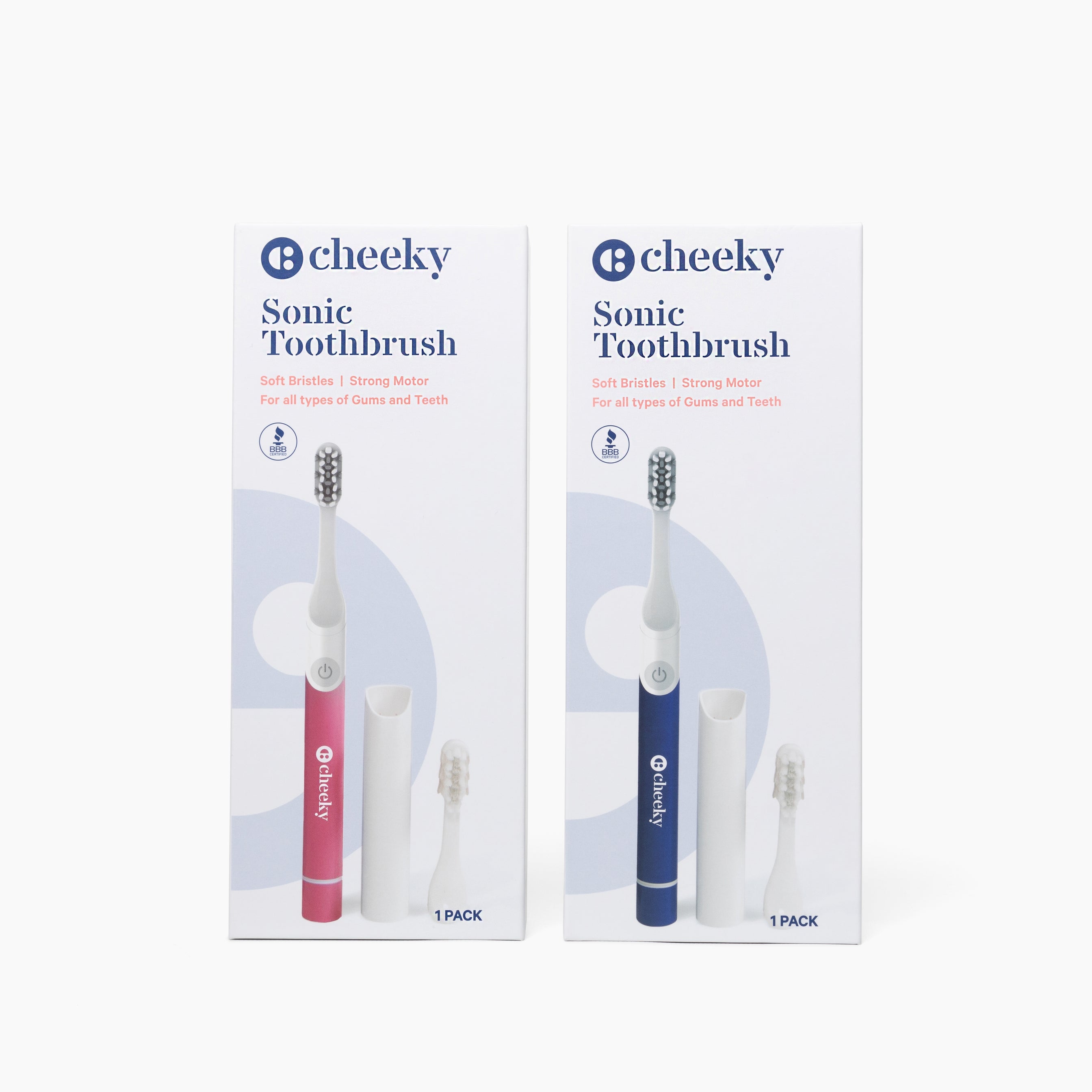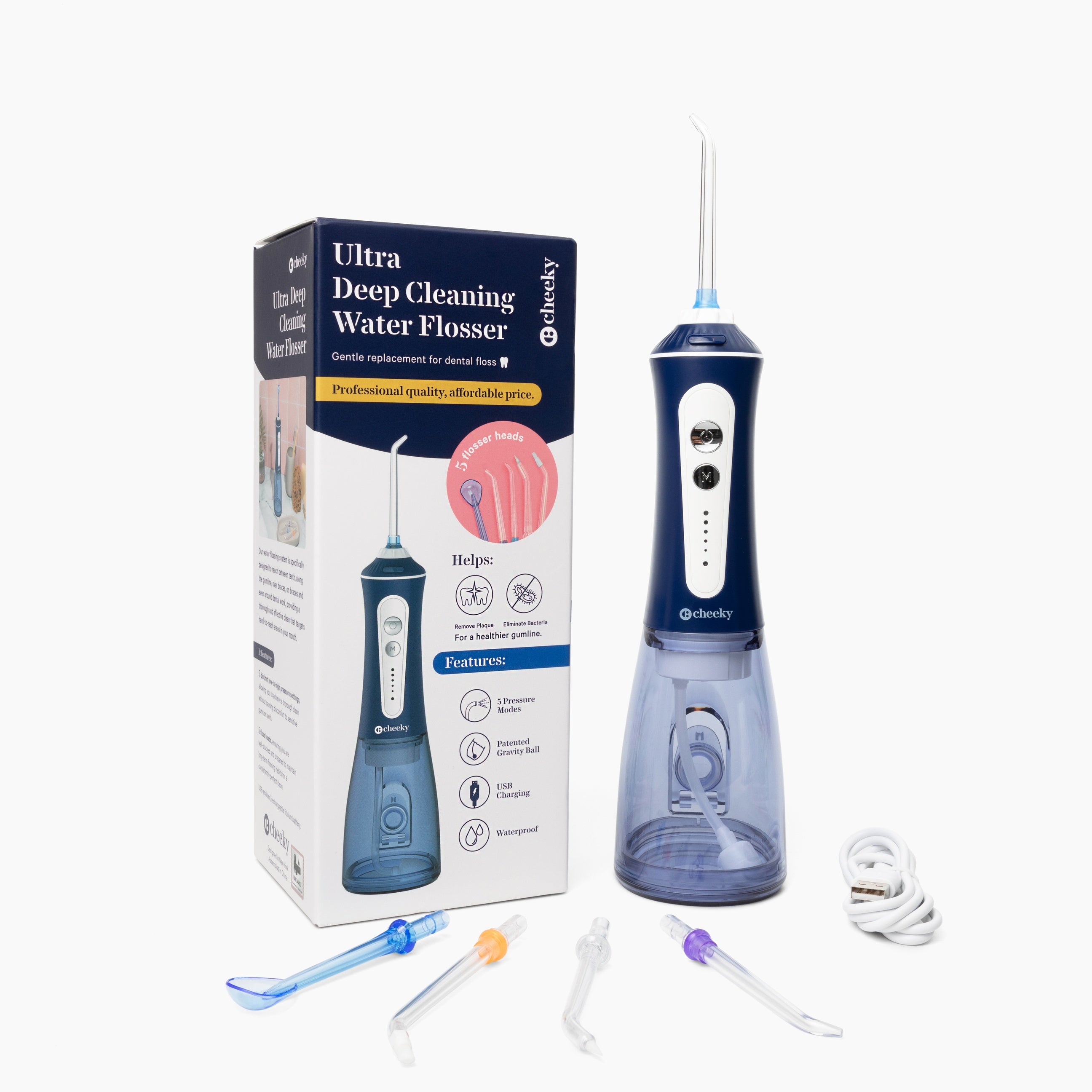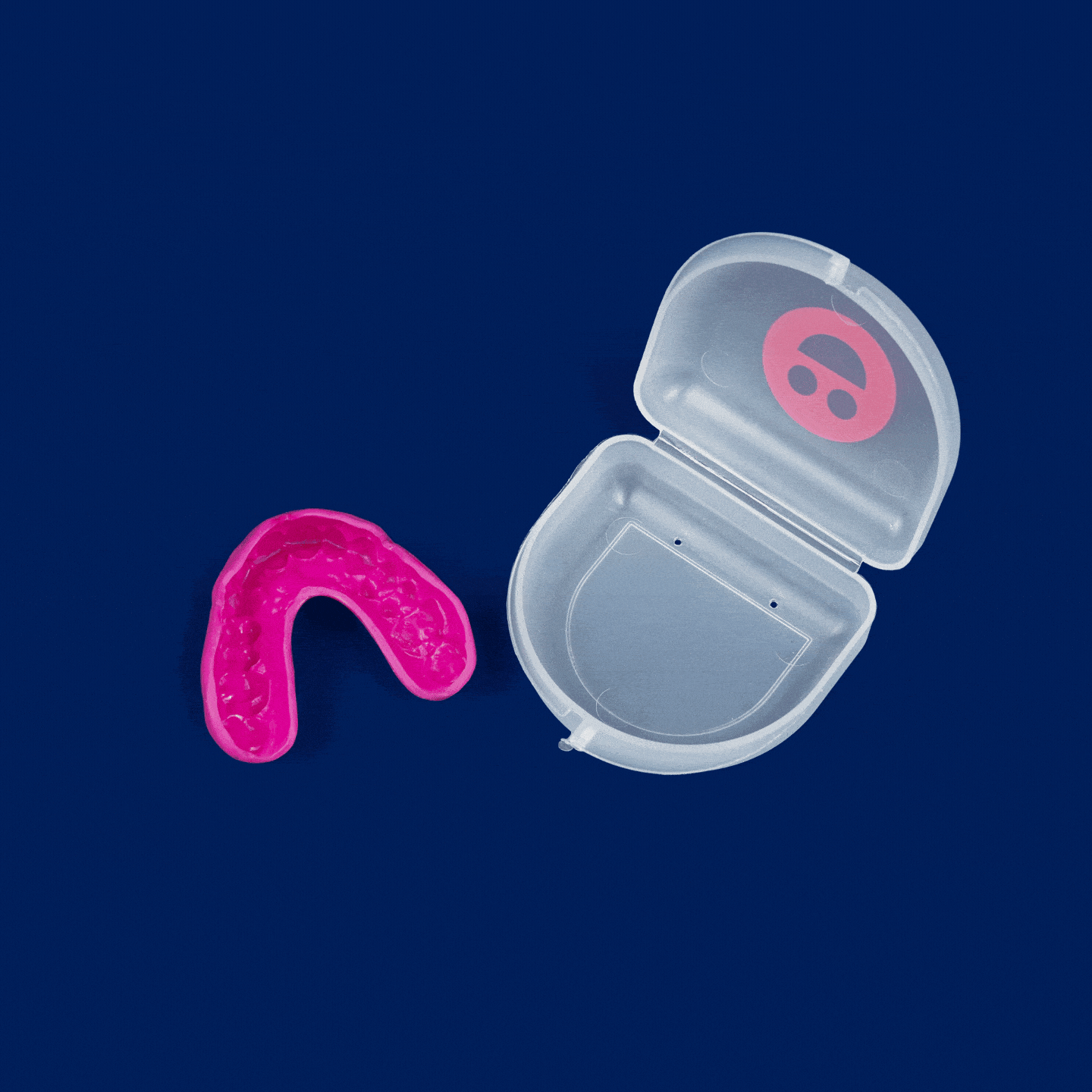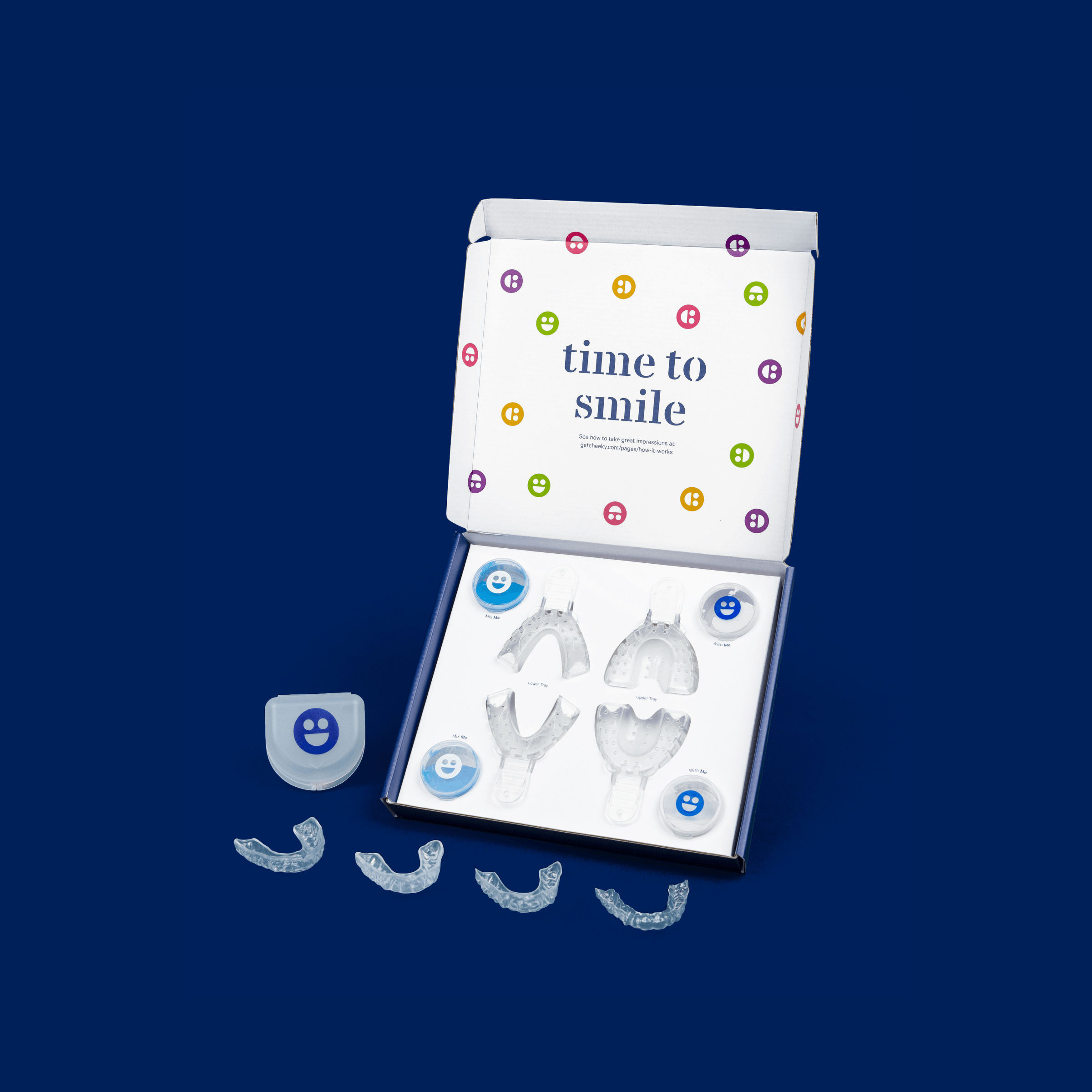Teeth grinding is often a secondary symptom of anxiety, sleep disorders, Temporomandibular Joint Disorders (TMD), or stress. Sometimes, it’s a combination of more than one of those things.
Most people who experience bruxism find that their symptoms are the worst when sleeping, so they use a nightguard to protect their teeth. But what if there was a way to reduce teeth grinding in the daytime as well?
Multiple studies have been done to see if what we eat affects how badly we grind our teeth and if any foods reduce bruxism symptoms.
The food you eat can’t cause bruxism, but there are alterations you can make to your diet to encourage a healthier temporomandibular joint (TMJ) and a decrease in teeth grinding.
What to Limit in Your Diet to Help Bruxism
One of the first indicators that you’re grinding your teeth is a sore jaw. Because of this, the best thing you can do for your jaw is to give it a break from clenching.
In short: limit hard and chewy foods in your meal plans.
Hard and chewy foods make your jaw work extra hard, and when you add grinding your teeth at night, your jaw gets tired and tight. And a tight jaw leads to, well, more bruxing.
But notice that we didn’t say eliminate hard and chewy foods. We realize that’s an impossible standard, and you’re an adult, not someone who can live off of Jell-O. While complete elimination may not be possible, giving your jaw a break from time to time can seriously reduce TMJ pain and bruxing.
That being said, if you brux a lot, it’s probably time to kick that gum-chewing habit.
Examples of foods you should limit include:
- Gum
- Chewy candies like Laffy Taffy and Airheads
- Hard candies like Jolly Ranchers and those strawberry things your grandma keeps in her purse
- Crunchy foods like pretzels
- Hard foods like popcorn and nuts
- Chewy foods like tough steak
And not to be the bearers of bad news, you should also limit your caffeine and alcohol consumption, especially before bed. These substances can lead to unconscious jaw clenching and disruption of sleep patterns.
What to Eat to Limit Bruxism
Okay, enough of the no-no list; let’s focus on the things that you can eat to help your bruxism!
Before you balk at the idea of a soft-food diet, remember that these foods help alleviate pressure in your jaw joint.
Like we stated in the last section, you don’t have to only eat soft foods ever again, but making some swaps from hard to soft food can have a massive impact on your jaw and bruxing.
On top of that, you can work more anti-inflammatory foods into your diet to reduce the swelling in your TMJ. Inflammation in your jaw joint is often associated with bruxism and TMD, so the more food you can eat to reduce inflammation, the better.
Your jaw-friendly foods include:
- Applesauce
- Mashed potatoes
- Scrambled eggs
- Yogurt
- Pasta
- Fatty fishes like salmon
- Leafy greens like spinach
- Strawberries, blueberries, and other berries
Supplementing Your Diet
If the foods you eat don’t do the trick on their own, there are a few supplements you can explore to reduce the tension in your jaw that causes bruxism.
- Magnesium: Research has shown that adequate levels of magnesium in your body can reduce stress, and in turn, reduce bruxing.
- Calcium: Drinking your milk is good for your bones, and that includes your jaw. For people who use dairy milk alternatives, a calcium supplement may be what you need to regulate your nervous system and stop clenching your teeth.
- Vitamins B, C, and D: These vitamins can help you sleep better and ease the tension in your jaw.
Treating Bruxism Beyond Your Diet
Unfortunately, bruxism isn’t an issue that can be solved by simply making alterations to your diet. There are a bunch of other steps you can take to limit the symptoms associated with bruxism.
Relieve Stress
Jaw clenching and teeth grinding often result from extreme stress or poor mental health. The first step to loosening your jaw muscles is eliminating some of your daily stressors. Taking a warm bath, meditating, exercising, and more can help you relax and center yourself.
Set a Sleep Routine
Since bruxism occurs mainly at night, it helps to get into a groove with your beauty sleep. Take the same steps before bed every night and aim to go to sleep and wake up at the same times every day. Your pre-sleep rituals can include some of those relaxation techniques we just discussed, a skincare and oral health regimen, turning off all your screens, and reading a book before you close your eyes and doze off.
Wear a Mouthguard
Wearing a mouthguard while you sleep keeps your teeth from grinding against each other. It’s one of the easiest and most effective ways to treat bruxism because it cuts off the bad habit at the source. Instead of unconsciously clenching, you can sleep soundly and wake up totally rested.
People tend to shy away from custom nightguards from the dentist because they’re overpriced, and insurance doesn’t help cover the costs. But generic over-the-counter or boil and bite guards are clunky, uncomfortable, and rarely fit well.
The good news is that online providers have made it possible for bruxers to get comfy custom nightguards for a lot less money. The process of getting the guard also takes far less time compared to ordering it through a dentist.
Although the guards are cheaper, the engineers don’t cut corners when crafting them. They’re made for your mouth with FDA-approved materials and machinery. Additionally, they’re silicone, BPA, and latex-free, so you don’t have to worry about what you’re putting in your mouth.
Well, aside from the food choices you make to help your jaw out.
If you’re ready to say bye-bye to bruxism, get Cheeky.
